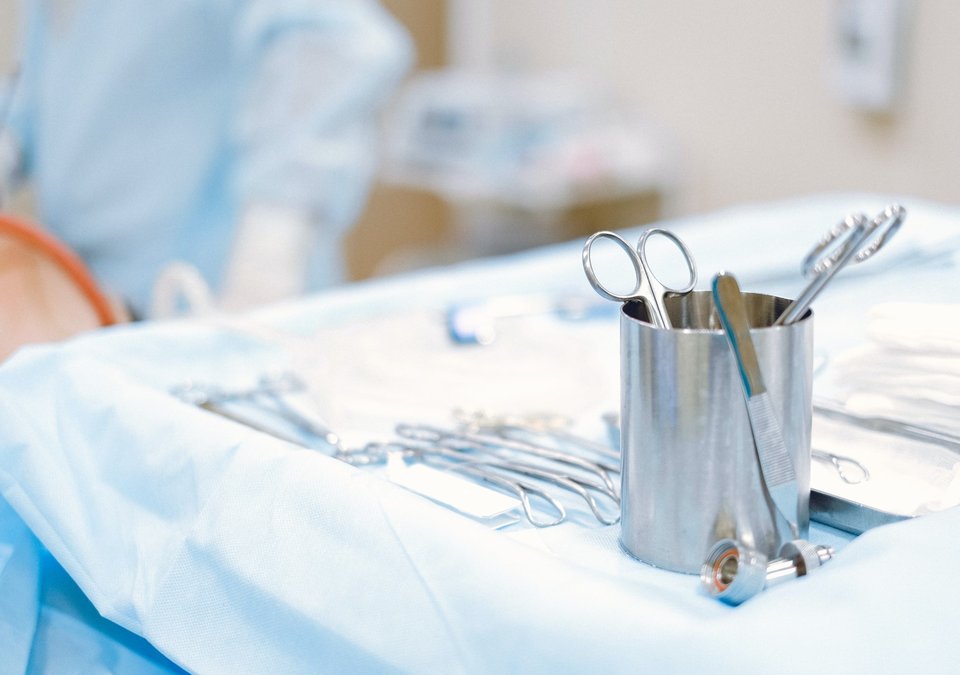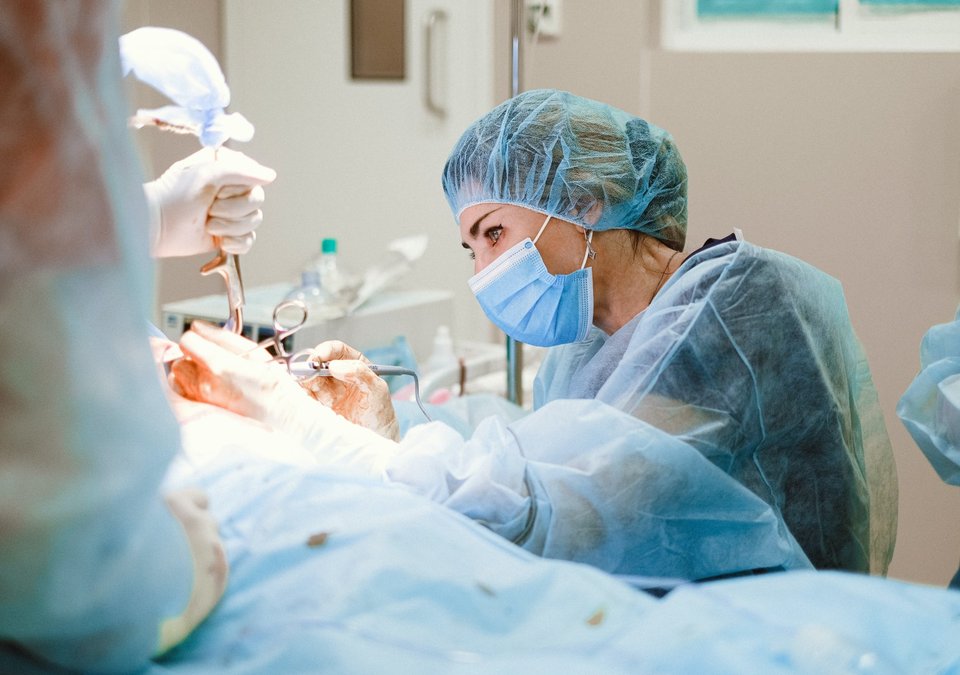Following the MNSI report NHS Resolution may start their own investigation under the Early Notification Scheme (ENS) to establish whether the trust will be liable in a legal claim for birth injuries arising because of negligent treatment. NHS Resolution usually say the investigation will take 18 months and ask the mother for consent to obtain the records of her and the child. The expert reports they obtain are not shared with the mother.
Often when reading the MNSI report it is clear the mother has suffered birth trauma, which we can investigate and if this is due to negligence, claim compensation on her behalf. Birth trauma can include physical and psychological injuries.
Unfortunately, due to the Supreme Court decision in Paul v Royal Wolverhampton NHS Trust on 11th January 2024, partners who have suffered psychologically after witnessing the traumatic birth, as “secondary victims” are unable to recover damages. It remains possible however to claim damages for the mother and for the child if injury can be established.
On 9th January 2024 the All-Party Parliamentary Group (PPG) set up an inquiry to investigate the reasons for traumatic birth and to develop policy recommendations to reduce the rate of birth trauma. The Inquiry's Report "All-Party Parliamentary Group Birth Trauma Listen To Mums: Ending The Postcode Lottery On Perinatal Care (2024)" was launched on 13th May 2024.
The APPG heard stories that included failure to listen, lack of informed consent, poor communication and lack of pain relief.
The Inquiry called on the Government to publish a National Maternity Improvement Strategy to include recruit, train and retain staff; provide universal access to specialist maternal mental health services to end the postcode lottery; offer a separate six week check post-delivery with a GP for all mothers, which includes separate questions for mother's physical and mental health to the baby; respect mother's choices about giving birth and access to pain relief; keep mothers together with their baby as much as possible; provide support for fathers and ensure the nominated birth partner is continuously informed and updated during labour and post-delivery.





